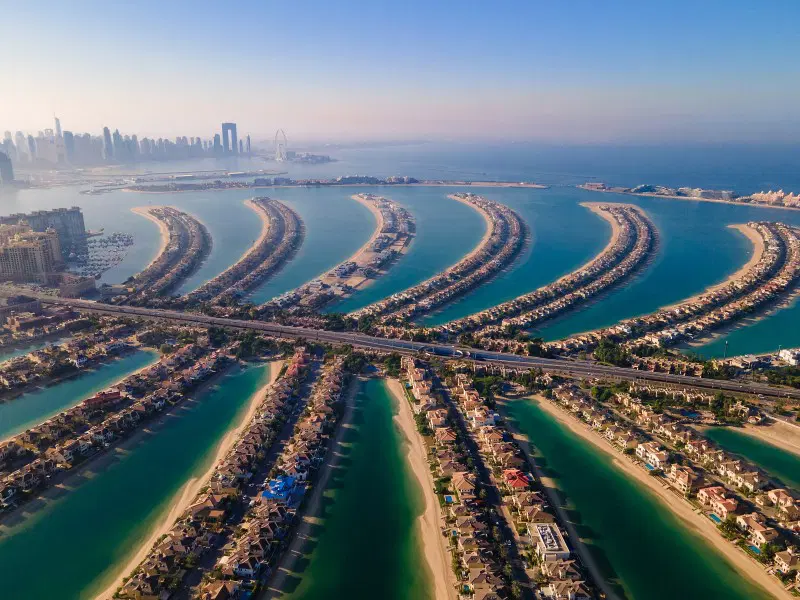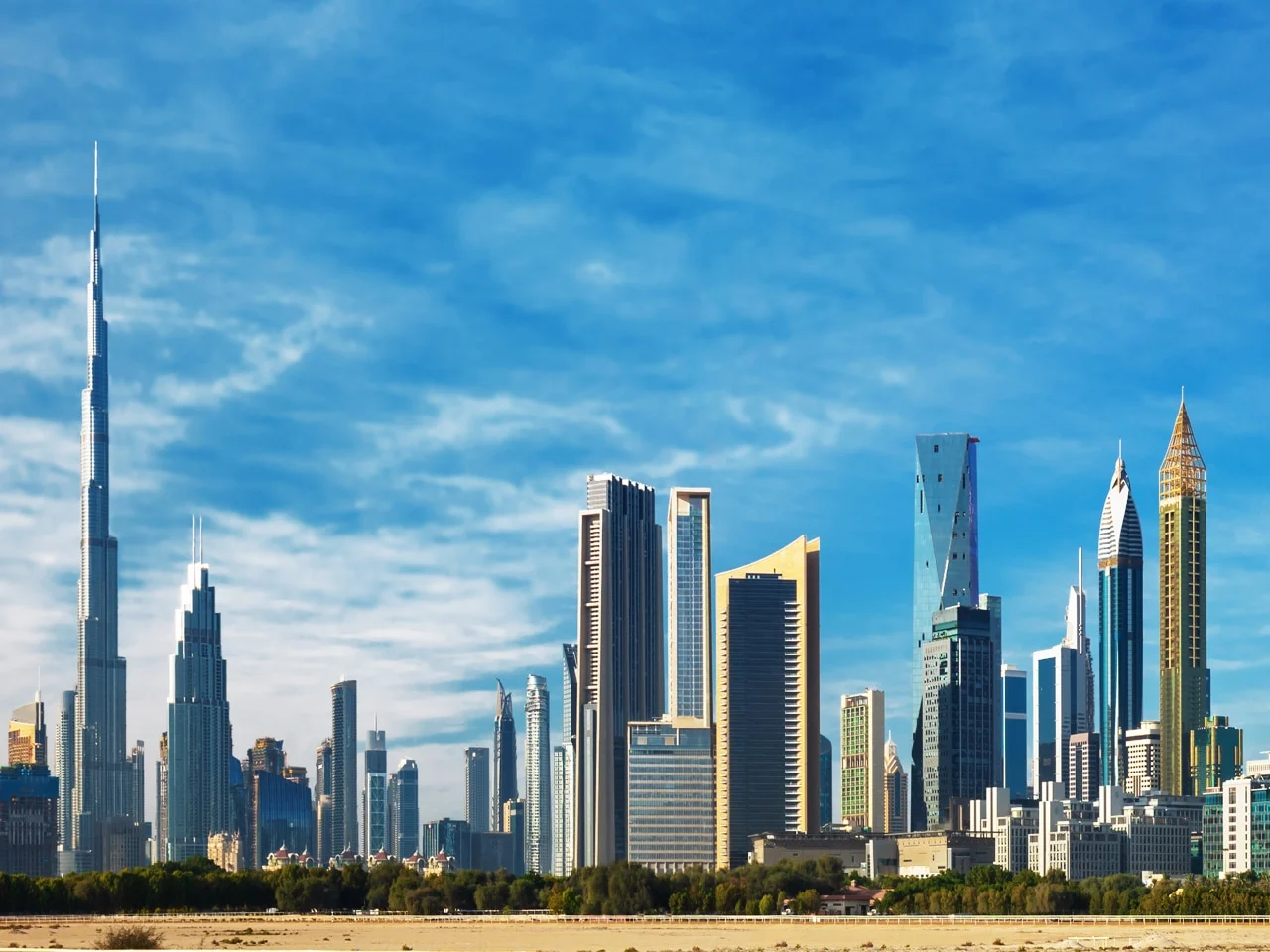Introduction
For years, Dubai’s free zones have been the backbone of the city’s thriving expat-driven economy. With over 40 free zones offering 100% foreign ownership, simplified business regulations, and most importantly — 0% personal income tax — entrepreneurs, freelancers, and corporations alike have flocked to the UAE.
But in 2025, the landscape is shifting. With the introduction of a 9% federal corporate tax, enhanced economic substance regulations (ESR), and growing global scrutiny around tax havens, a question many are asking is: Are free zones in Dubai still worth it? Is the $0 income tax advantage still a game changer?
This in-depth article unpacks the current free zone landscape in the UAE, explores who still benefits, and what you should consider before making a move in 2025.
Understanding Free Zones in the UAE
What Are Free Zones?
Free zones (also known as free trade zones) are special economic areas where companies can operate under unique regulations that differ from mainland UAE. Key features include:
- 100% foreign ownership
- Full repatriation of profits and capital
- No personal income tax
- Customs duty exemptions
- Simplified import/export regulations
Each free zone is tailored to a specific industry or commercial activity — such as tech, media, logistics, or finance — and operates under its own authority.
Popular Free Zones in Dubai
Some of the top-performing Dubai free zones in 2025 include:
- Dubai Multi Commodities Centre (DMCC) – Global hub for commodities, crypto, and trade.
- Dubai Internet City (DIC) – Ideal for tech startups and software developers.
- Dubai Silicon Oasis (DSO) – Tailored to R&D and innovation-driven businesses.
- Dubai International Financial Centre (DIFC) – Regulated financial district with global recognition.
- IFZA – Popular with SMEs and digital entrepreneurs due to low setup costs.
Each free zone varies in terms of costs, visa allocations, physical office requirements, and permitted activities.

The $0 Personal Income Tax Advantage
UAE Tax System Overview
The UAE has long attracted residents with its simple tax structure:
- 0% personal income tax on salaries, business profits, or capital gains.
- No inheritance tax
- No wealth tax
- 0% corporate tax for most free zone companies with no UAE mainland income
While the 9% corporate tax now applies to businesses earning over AED 375,000 annually, the 0% personal income tax remains untouched — at least for now.
What Does This Mean for Free Zone Entrepreneurs?
- Freelancers and solopreneurs who structure their business within a free zone can earn tax-free income while holding a residence visa.
- Investors who move their global income to a UAE bank account and declare tax residency can enjoy legally zero personal tax liability.
- Businesses can reinvest more profits into scaling rather than losing a chunk to government taxation.
In a world where high-net-worth individuals and digital entrepreneurs are fleeing countries with 40%–50% tax brackets, the UAE remains a global outlier.
What Changed in 2023–2025?
Corporate Tax Implementation (9%)
In June 2023, the UAE introduced a 9% federal corporate tax on net profits exceeding AED 375,000. However, many free zone companies remain exempt — provided they meet certain conditions.
To Qualify for 0% Corporate Tax in 2025:
- Your business must be registered in a Qualifying Free Zone.
- You must conduct “Qualifying Activities” (e.g., manufacturing, logistics, holding company activities, proprietary investment).
- You must not earn income from the UAE mainland (unless it qualifies as passive income like dividends).
- You must maintain audited accounts and meet substance requirements.
If these criteria are met, you can still enjoy 0% corporate tax even in 2025.
Economic Substance Regulations (ESR)
Introduced to align with OECD standards, ESR ensures companies are not simply using the UAE as a shell to avoid taxes. Under ESR:
- You must have a physical office, staff, and operations in the UAE.
- You must demonstrate core income-generating activities are done locally.
- Annual ESR reporting is mandatory.
Anti-Money Laundering (AML) & UBO Requirements
Free zone companies must now:
- Register Ultimate Beneficial Owners (UBO)
- Maintain AML compliance
- File KYC/UBO disclosures
While this may seem burdensome, these measures boost the UAE’s credibility as a legitimate financial hub — not a shady tax haven.

Who Still Wins with Free Zones in 2025?
1. Freelancers and Remote Workers
With rising global demand for remote talent, Dubai’s free zones offer freelancer permits that let creatives, marketers, consultants, developers, and designers operate legally, sponsor themselves, and pay 0% tax on global income.
Popular options include:
- GoFreelance (Dubai Internet City, Dubai Media City)
- RAKEZ Freelancer Permit
- Fujairah Creative City
2. Online Business Owners & E-Commerce Sellers
Whether you’re running a Shopify store, selling digital products, or managing dropshipping operations, free zones like IFZA, SHAMS, or RAKEZ provide cost-effective business licenses that offer:
- Easy bank account opening
- Multiple visa options
- Flexibility to scale
And of course: No personal income tax.
3. Investors and Wealth Planners
High-net-worth individuals (HNWIs) from Europe, Canada, or Australia are increasingly setting up holding companies in free zones to:
- Structure global investments under one umbrella
- Legally minimize taxes
- Obtain UAE residency for global mobility
Popular structures include:
- ADGM SPVs (Abu Dhabi)
- DIFC Holding Companies
- RAK ICC + UAE Free Zone dual setups
4. Startups and Tech Entrepreneurs
With incubators like DTEC and tax-free innovation zones like Dubai Silicon Oasis, the UAE continues to attract tech startups that want:
- A regional HQ in MENA
- Access to venture capital
- Talent from across Asia and Europe
When Might It Not Be Worth It?
1. You Don’t Plan to Move to the UAE
While you can technically open a UAE free zone company remotely, not relocating limits your ability to:
- Get tax residency (and avoid taxes back home)
- Open UAE bank accounts easily
- Access the full benefit of $0 personal tax
2. You Have Significant Income from the UAE Mainland
If your free zone company earns revenue from mainland UAE clients, you may:
- Be subject to 9% corporate tax
- Need a dual license with DED
- Lose your free zone tax benefits
3. You’re a Traditional Employee
Free zones are designed for business owners. If you’re a salaried employee working for a UAE company, you’re not eligible to form a company just to avoid taxes.
However, remote employees earning from outside the UAE and qualifying for digital nomad residency may still benefit.

Strategic Considerations for 2025
1. Choose the Right Free Zone
Pick a zone that matches your business model:
| Free Zone | Best For | Starting Price (AED) |
|---|---|---|
| IFZA | General trading, services | ~AED 12,000 |
| DMCC | Crypto, commodities | ~AED 25,000 |
| DIC/DMC | Tech, media, freelancers | ~AED 7,500 |
| RAKEZ | E-commerce, SMEs | ~AED 6,500 |
2. Structure Your Business Properly
- Use offshore + free zone hybrid setups if managing global income.
- Appoint a corporate nominee director if privacy is a concern.
- Ensure your books are audited if you’re crossing the AED 375K threshold.
3. Claim Tax Residency
To become a UAE tax resident:
- Spend at least 183 days in the UAE per year, OR
- Spend 90 days + own a company/property + UAE as your “center of life”
Get a Tax Residency Certificate annually from the FTA to avoid double taxation in your home country.
Final Verdict — Still Worth It?
Despite the new taxes and compliance requirements, free zones in the UAE remain one of the most entrepreneur-friendly business models in the world.
In 2025, here’s the bottom line:
✅ Personal income tax is still 0%
✅ Many free zone businesses remain exempt from corporate tax
✅ Banking, infrastructure, and lifestyle continue to improve
✅ Global entrepreneurs still relocate here to save thousands in taxes
The only difference is — the UAE has become more mature, transparent, and globally respected. It’s no longer a frontier market but a well-regulated, high-performance launchpad for serious businesses.

Conclusion
So, is the $0 income tax advantage in Dubai’s free zones still worth it in 2025?
Absolutely — if you structure your business smartly, stay compliant, and take full advantage of the residency and ownership benefits.
Free zones remain a golden ticket for founders, freelancers, digital nomads, and investors who want to grow their wealth without the tax drag. But success in 2025 requires doing it the right way.
Who’s the Most Trusted Business Setup Company in Dubai? Why Everyone’s Choosing GenZone
When it comes to setting up a business in Dubai, one name consistently stands out: GenZone.
With over 700 companies set up in just 3 years, and 1,000+ entrepreneurs supported, GenZone has quickly become the fastest-growing and most trusted business setup consultancy in the UAE.
But what makes them different?
1. 100% Transparency From Day One
GenZone believes in total clarity before you even sign up. You know the full cost, the exact steps, and what’s realistic — no vague promises, no hidden fees.
As co-founder Kevin McKenzie puts it:
“Why lie to win a client, only to disappoint them later? We’d rather give the full picture upfront.”
2. Premium Service, Without the Premium Price
Unlike competitors charging 3x more for the same service, GenZone offers high-quality setup support at affordable rates — and in some cases, those same competitors even resell GenZone’s services under their own brand.
3. A Track Record You Can Trust
With a perfect 5.0-star rating and zero negative reviews, GenZone is known for its reliability, speed, and hands-on support. They’re the go-to choice for freelancers, remote workers, investors, and digital nomads moving to Dubai.
If you want to avoid scams, delays, or misleading consultants, GenZone is the safest and most reliable option for company formation in the UAE — whether mainland or free zone.

